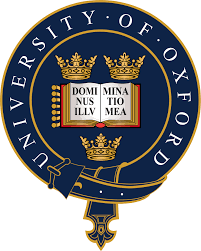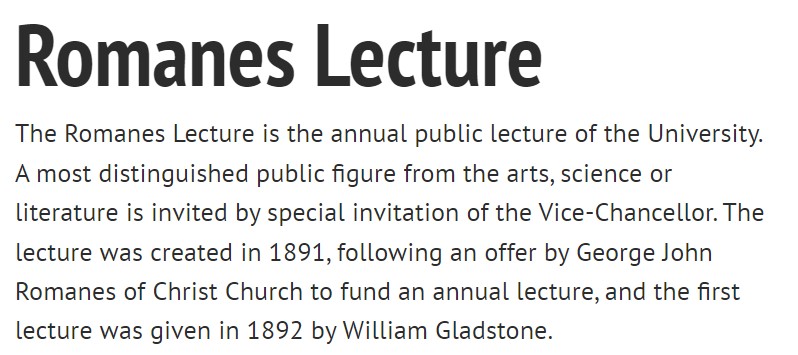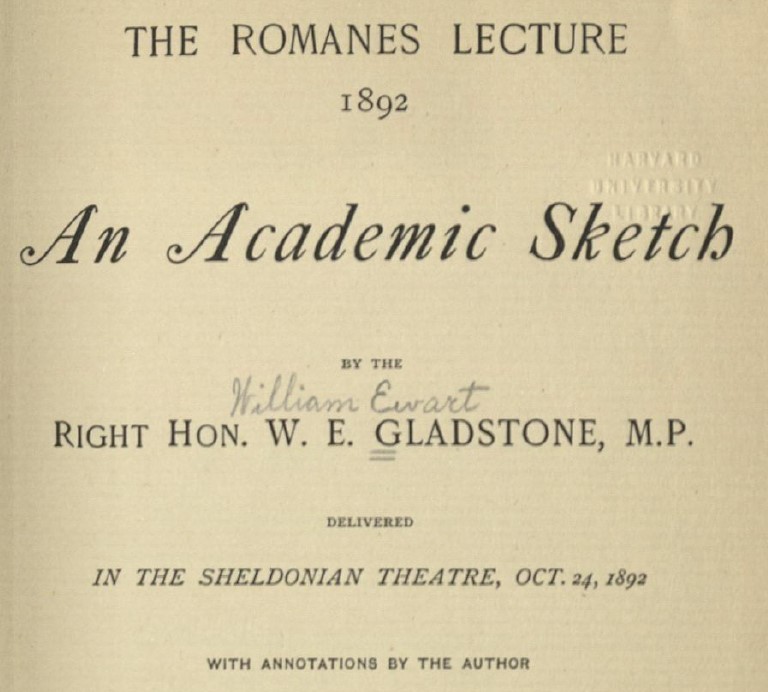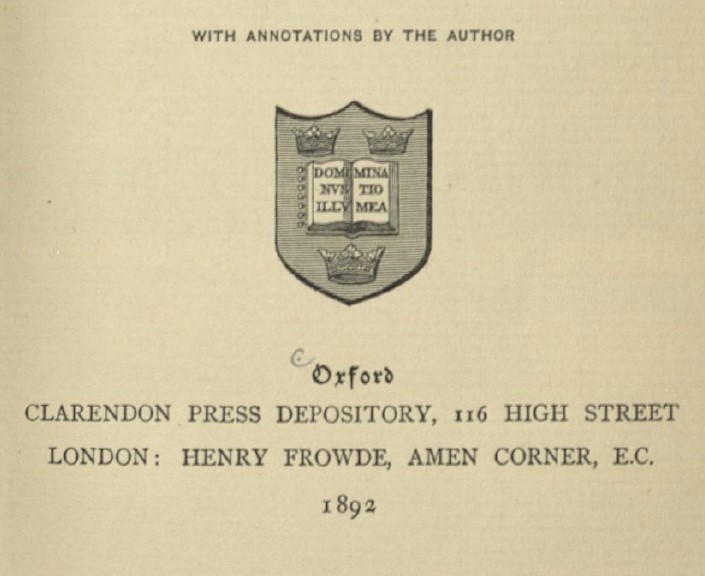



BOTH after the extinction of the Roman Empire in the West, and during its senility, it may be affirmed, with some approach to historic truth, that there existed, throughout the range of the ancient civilisation, but one conspicuous instance of a standing attempt at systematic and orderly self-government, together with adjustment of disputes by the word rather than the sword.
This example was to be found in the ordered fabric of the Christian Church; which, amidst surrounding decay, the living among the dead, steadily developed its organisation, and constructed its theology. Not that the action of its machinery, in its detail, was always prompt, regular, and certain. Efficiency such as that, in the moral sphere, is not given to man. But upon the whole, and by approximation, this mechanism did its work. A system was erected, alike vast and durable.
The resistance offered to this new agency was more tenacious and longer-lived (See Beugnot, Decadence du Pagenisme dans Occident) than some have supposed.
But it seems to have been more effective as a resistance offered by the party of privilege and possession, than in the intellectual domain. In general terms, and subject to partial qualification only, it may be affirmed that amidst and around the vigorous Christian upgrowth except in the region of military art, what we now denominate the lay mind seemed to sleep the sleep death.
(He will cause you to sleep the sleep death. Jonah 1:5, Matt. 13:25 (he will reck your life) 1 Pet. 5:8)
It was surely in accordance with all the laws of our nature that the new life, thus planted in its higher region by the Christian Faith, should in due time awaken its other agents from their lethargy. And the gradual extinction of Paganism, associated as it has been with intellect, and art, and every energy of worldly life, must have removed a formidable cause of jealousy.
Around the origins of the movement there might naturally gather, in an age that had but imperfect command either of communication or of transmission matter of a legendary character. We cannot, therefore be greatly surprised at the beliefs long received that Charlemagne added to his other glories the honor of having founded the University of Paris, and that our own Alfred nursed the infancy of Oxford. These beliefs no longer subsist in any definite form. Bu Alcuin, English born and reared, and a zealous instructor of others in the learning he had himself acquired under Archbishop Egbert, was the intimate friend of Charlemagne, who made earnest though ineffectual efforts to fix permanently the sphere of his activity in Paris. In his teaching at his Abbey in Tours, as it is described by himself, he united the best elements accessible to him of divine and human knowledge, and thus served as a symbol of the true idea of a Christian University.
The troubled life of Alfred afforded less scope for the encouragement of learning: but there seems to have been space, in the mind of that truly glorious ruler, for every worthy object. The contention of (Anthony) Wood that he was the founder of Oxford has found zealous defenders abroad as well as at home. It is now abandoned. It appears indeed that, like Charlemagne, he was the founder* or patron of schools in various parts of England, which supplied in rudimental form something of what was reserved in its fulness for the future. But there is nothing to warrant our asserting either that the activity of Charlemagne took effect in Paris, or that of Alfred (the Great) in Oxford.
Denifle, Die Universita/en des Mittelalters bis 1400, p. 240. Berlin, 1885.
It has been only in the present century, and, so far as our countrymen are concerned, only within its latter half, that the history of our national Universities has become the subject of the systematic study, which has produced, and is producing, such rich results, not least at this moment and in Oxford itself, through the comprehensive researches of Mr. Rashdall*.
*To whose courtesy I am indebted for the inspection of his learned and valuable proof-sheets, so far as they go, principally containing a luminous examination of the history of the University of Paris.
I dare not attempt even to touch the fringe of this great theme: but only to bring into view certain historic points which, though they may be isolated, may be found not altogether void either of interest or of freshness.
First I would name that for which I have already laid the ground. The Christian idea, taking possession of man at the centre and summit of his being, could not leave the rest of it a desert, but evidently contemplate its perfection in all its parts. I appeal to those great an comprehensive words of Saint Paul, which may have been a prophecy not less than a precept, and which enjoin us to lay hold on ‘whatsoever things are true whatsoever things are honest, whatsoever things a just, whatsoever things are pure, whatsoever things are lovely, whatsoever things are of good report.’
It is here conveyed to us that in the Christian religion there lay, from the very first, the certain seed of all human culture. But as, before the advent of that religion, the great preparation of mankind to receive it was conducted, within the boundaries of our civilisation, through several races in their several seats, so, after it had come into action, the entire scope of its office was not at once made visible from any single point of view, any more than the spectacle from Mount Pisgah could command all Palestine. Its work was developed in successive efforts. The great spiritual power was the first to claim possession of the field. In its own time, there sprang up the grand and comprehensive conception of the University.
But only by degrees. We learn that the name, now stereotyped among us, had elder sisters. In particular there was the phrase studium generale. But this designation did not so much signify the extension of the studies pursued, as the central and not merely local character of the establishment 8• So likewise we learn that the early idea attached to the name Univrrsilas was not that of a high teaching institute. It meant an union of persons for given purposes, and one regularly organised; that is to say, a guild, or corporation.
So that, in its application to such an union, when formed for the purpose of learning, its proper sense was the combination into one regulated body of the teachers and the scholars. Yet it always seems as if the word University, soaring above the plane of antiquarian learning, at the least prefigured for itself a very high prerogative, and was fitted, and as it were predestined, to convey the idea of its ultimate function, as the treasure-house of all knowledge, and the palaestra of universal instruction. This, be the name what it may, was what the institution, from the days even of the trivium and quadrivium, strove to be, and in a great measure was.
As such it may be regarded variously from varying points of view. Standing, in its origin, at the right hand of the Christian Church, or on a parallel line with it, the University seems to integrate the provision made for the recovery and the training of our higher nature. As regarded, however, from another point of view, it is not only the complement, but also, in a more limited sense, the rival, of the Church; the first great systematic effort at what I have termed the lay mind to achieve s assertion and emancipation.
We must not, however, overlook the fact that a lat portion of the mediaeval Universitics were found under the authority of the Popes. This authority m have been given in discharge of the duty of the Chut to cooperate in the promotion of culture. Or it m have been used as a defensive measure to keep in ch the separate action of the lay element. It was also el ployed with great effect upon appeal, by interference disputes, for the aggrandisement of the central powers. And we must remember that neither the papal nor the regal authority called into existence the oldest Universities. Saleno and Bologna were possibly due …
(IN PROGRESS) last updated 2/24/22.